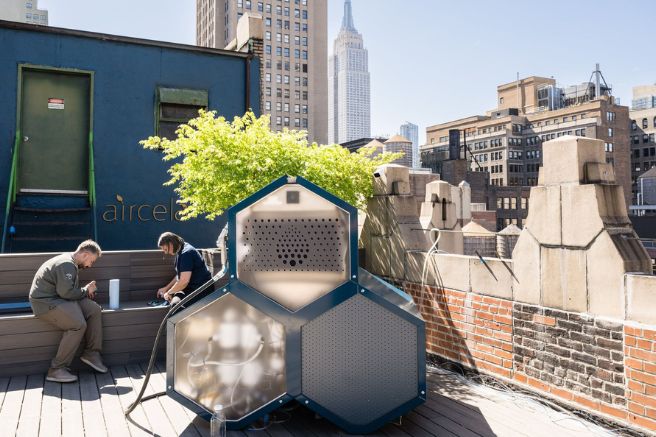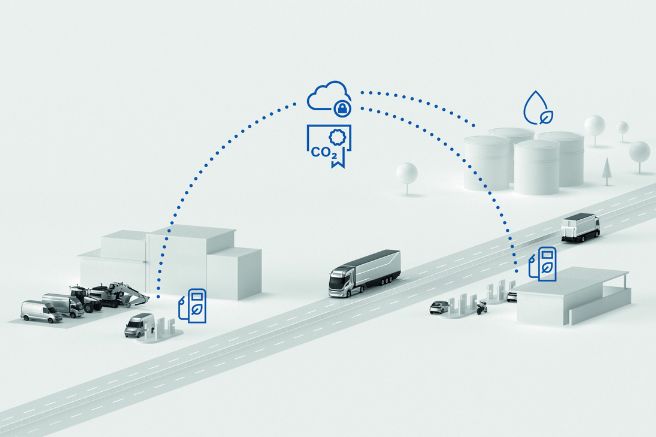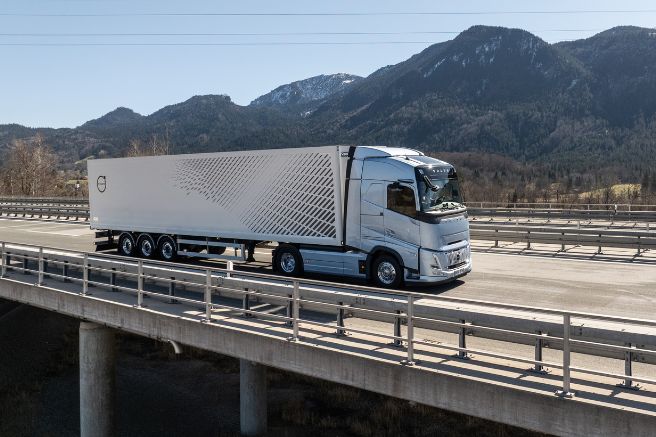Engines, Perkins continues to develop alternative propulsion solutions to traditional ones and therefore suitable for supporting the energy transition while maintaining solid operational efficiency. The units of the new “2600” series and the renewed “904” series engines exhibited in Monaco also look in this direction

Perkins continues to develop alternative propulsion solutions to traditional systems, aligning with the energy transition while maintaining solid operational efficiency. This forward-looking approach is reflected in the new “2600” series units and the updated “904” series engines showcased in Munich.
At Bauma 2025, Perkins presents itself with a clear and decisive vision: the evolution of powertrains is not a distant goal but a present reality—made of modular, flexible, and ready-to-use solutions. The British manufacturer demonstrated how hybridization, electrification, and compatibility with alternative fuels can coexist with optimized internal combustion engines, creating a technological ecosystem that supports equipment manufacturers across major industrial segments in the energy transition—without sacrificing performance, reliability, or development timelines.
A key highlight at the Perkins stand is the new “2600” series, with the “2606J-E13TA” unit, which will be available from 2026. This 13-liter engine is designed to deliver best-in-class power and torque density, with output reaching up to 515 kilowatts (690 horsepower) and up to 3,200 newton-meters of torque at 1,300 rpm. The engine architecture has been developed to anticipate future regulatory updates without requiring changes to machine connection points. Its full compatibility with 100% HVO renewable fuels and B100 biodiesel makes this platform extremely versatile.

Alongside the 13-liter model, Perkins also introduced a new 106-kilowatt (144 horsepower) version from the “904 Series” family. The “904J-E36TA” model, delivering up to 566 newton-meters of torque at 1,500 rpm, enhances its reliability with targeted upgrades such as a new 12-plate oil cooler and high-efficiency fuel filters.
Perkins’ innovation roadmap also strongly embraces electrification. A major step in this direction is the debut of its first integrated electric power unit, unveiled at Bauma and installed on a “McElroy TracStar 900i” pipe fusion machine, serving as a commercial testing platform. This system is designed to directly replace a 3.6-liter diesel engine without requiring structural modifications to the chassis or connections. The all-in-one “drop-in” package includes the battery, inverter, motors, and onboard chargers—allowing OEMs to electrify quickly and cost-effectively.

Another exciting development is the “Coeus” project, created in partnership with Equipmake and Loughborough University. This initiative explores the use of alternative spark-ignited fuels—such as ethanol, methanol, biomethane, and hydrogen—within a modular hybrid platform offering power outputs between 180 and 280 kilowatts. Here again, Perkins aims to deliver ready-to-integrate, flexible solutions that adapt to available fuels without compromising performance or integration simplicity.
On the services front, Perkins is accelerating its efforts in connectivity and condition monitoring. Its telematics architecture enables real-time data exchange between the engine and machine system, improving operational efficiency, reducing downtime, and optimizing running costs. The ultimate goal is to support customers throughout the engine lifecycle—from registration and maintenance to warranty extension and replacement—maximizing the value of their investment.



